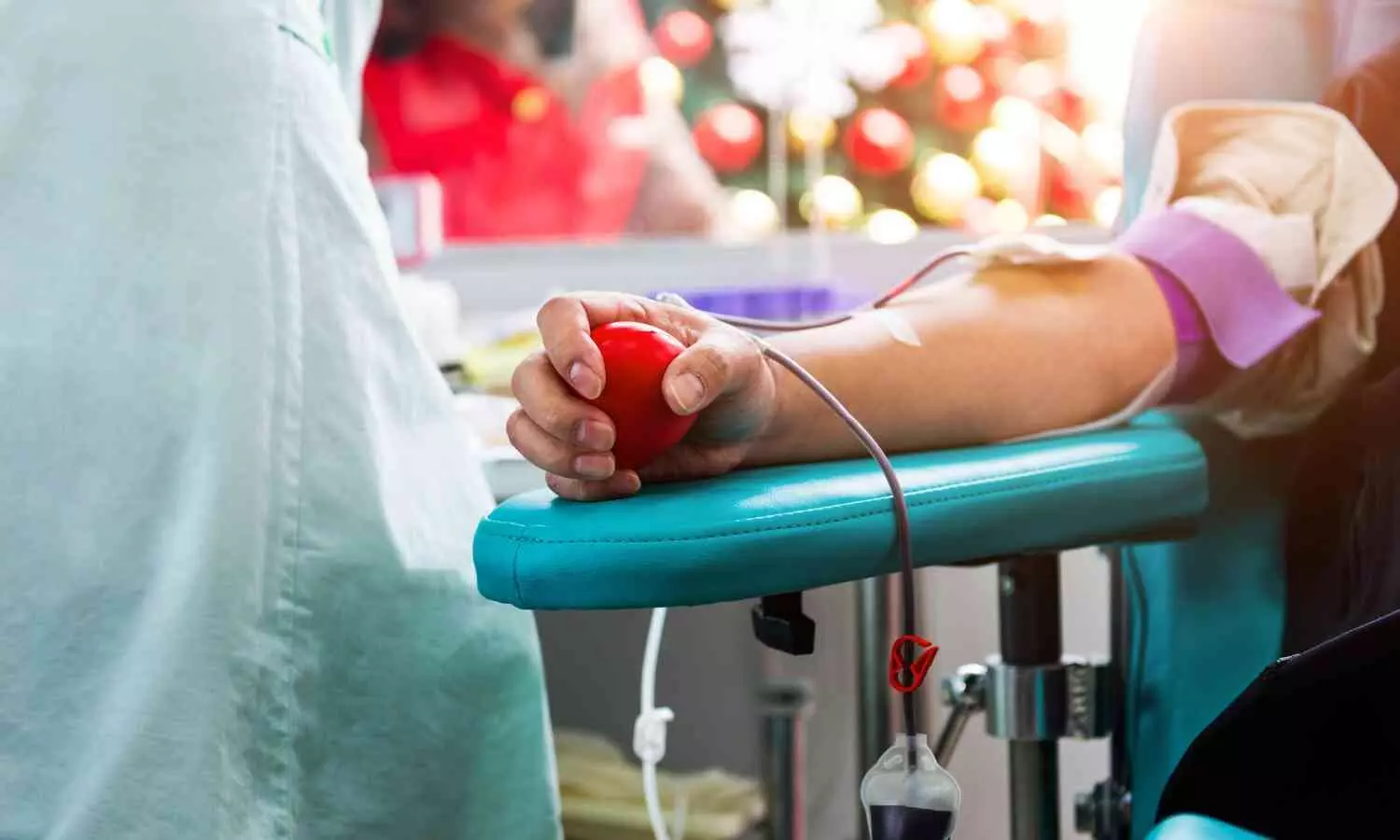India Faces Blood Donation Shortfall, Experts Call for Mandatory Nucleic Acid Testing

New Delhi: India continues to struggle with a significant blood donation deficit, and experts believe that making Nucleic Acid Testing (NAT) mandatory could help prevent infections in patients who require regular blood transfusions. As reported by IANS, experts discussed this issue ahead of National Voluntary Blood Donation Day, celebrated on October 1 every year to raise awareness about the importance of voluntary blood donation.
Despite a potential donor base of 402 million people, India consistently falls short of the World Health Organization's recommendation that 1% of the population donate blood. The country needs 14.6 million units of blood annually but faces a deficit of around one million units. Experts attribute this to myths about contracting infections such as HIV and a general lack of awareness.
"Voluntary blood donation in India has grown, but the national demand is not being met due to a lack of awareness," said Dr RishiRaj Sinha, Transfusion Medicine Specialist at AIIMS Delhi. He added, "Many people do not realize the urgent need for blood, particularly for patients requiring regular transfusions, which widens the demand-supply gap."
The experts also raised concerns about ensuring a safe blood supply, especially for patients who need repeated transfusions. This could be improved by making NAT testing mandatory, a highly sensitive method that can detect even minute amounts of viruses in the blood. "No blood is donated without proper testing, but NAT testing can further reduce the risk of infections like HIV, Hepatitis B, and C," Dr Sinha told IANS.
Dr V.K. Khanna, Director at the Preeti Tuli Thalassemia Unit, Sir Ganga Ram Hospital, emphasized the importance of NAT testing. "It enhances blood safety for all transfusion recipients, particularly those with conditions like thalassemia, sickle cell disease, and cancer," he explained.
Anubha Taneja Mukherjee, Member Secretary of the Thalassemia Patient Advocacy Group, told IANS that safe blood remains a challenge for patients with thalassemia, who require transfusions every 15 to 20 days. "By making NAT testing mandatory, especially in government hospitals, we can ensure a safer blood supply for vulnerable patients," Mukherjee said.


